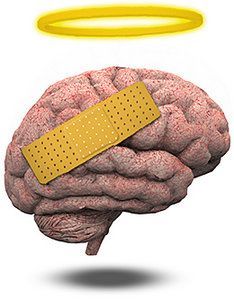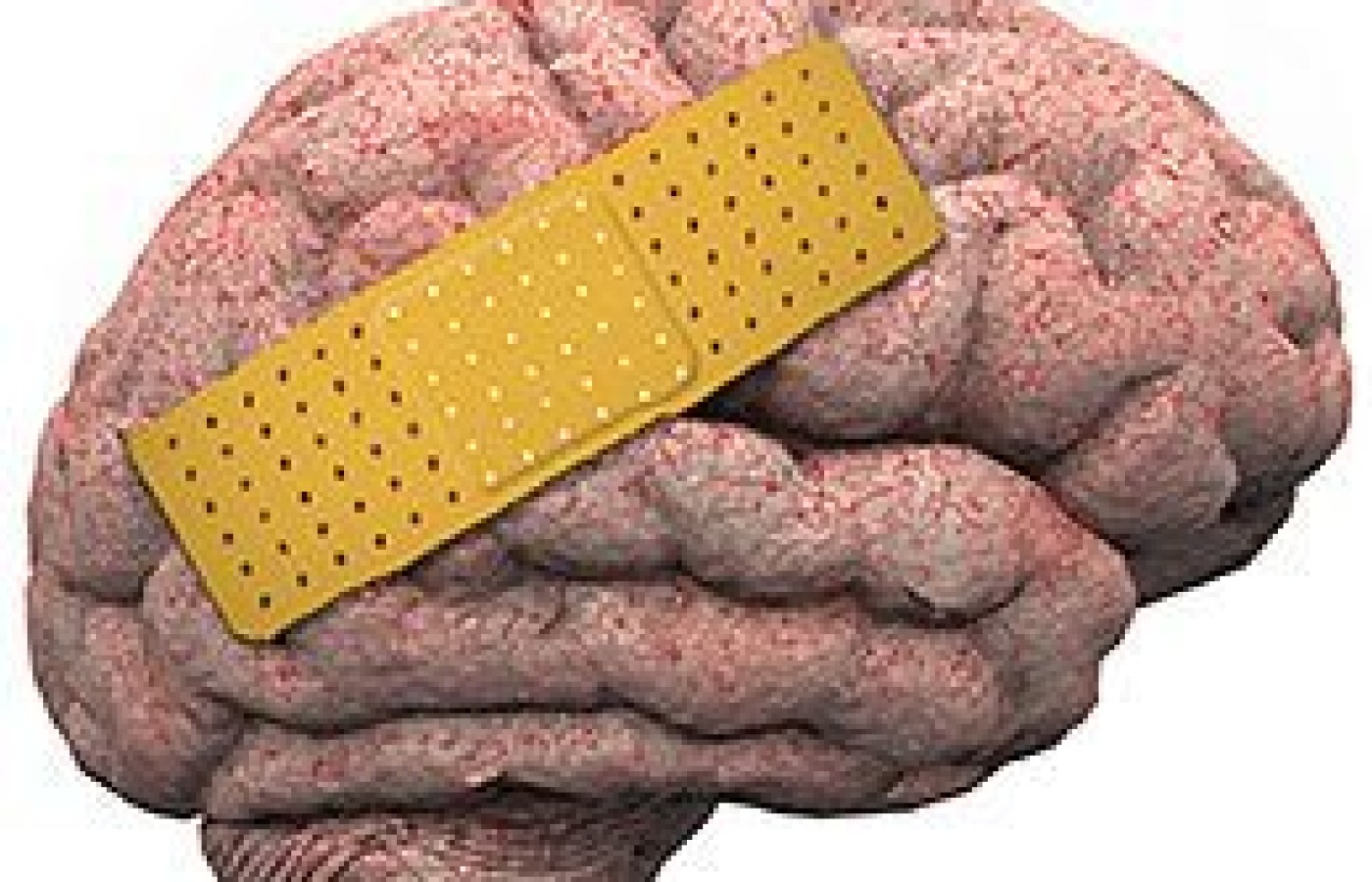It’s a new year and many chiropractors are evaluating what will enhance their respective practices, particularly as it relates to their bottom line. One of the most common questions I get is: “Do I need to be credentialed to bill insurance, and what are the best plans to join?” It’s a loaded question – but one every DC ponders. Whether you're already in-network or pondering whether to join, here's what you need to know.
How We Can Help the Injured Brain
The majority of patients with mild traumatic brain injuries recover within seven to 10 days. If concussion signs and symptoms continue beyond seven days, the diagnosis changes from acute concussion to post-concussion syndrome. Unfortunately, some patients continue to suffer from their concussion for years with little to no change in their condition.
Applying specific brain therapy protocols can help these and other brain-injured patients to reduce symptoms and restore more function. In my clinic, I recommend several daily practices that are designed to stimulate the brain (whether injured or not) cognitively, nutritionally and physically.
1. Brain Games
Brain games are tools that stimulate cognitive function and can be used to challenge the brain's five main areas of language, memory, attention, visual / spatial awareness and reasoning / problem-solving functions. Several computer programs available online utilize brain games to stimulate brain function. Having a program evaluate and track user progress can help both the clinician and the patient discover weak areas and provide training specific to those deficits.
Some of the current programs available can be found online:

2. Nutrition Needs
Nutritional protocols for improving brain function include consuming water, coconut oil and omega-3 fatty acids. Foods that have a negative effect on brain health and should be avoided include sugar, grains, artificial sweeteners and unfermented soy.1
Dehydration ranges from mild to severe and can cause headaches, dizziness, confusion, seizures, permanent brain damage and death. Many patients drink fluids like coffee and soda, but do not drink enough water each day. This constant lack of water intake can accumulate over years and lead to altered brain activity. A concussed brain needs water; moreover, stimulants like caffeine should be avoided.
Coconut oil can prevent brain atrophy and even restore nerve function after the brain has been damaged. The oil is easily converted to ketone bodies, which provide the brain with fuel. Lack of fuel to feed the brain can lead to mental dysfunction, loss of consciousness and death.1
Omega-3 fatty acids reduce inflammation in the body and the brain. It has been useful in treating patients with dementia and cognitive decline. The Canadian government recognizes that omega-3 (DHA) supports normal development of the brain and nervous system.2
3. Exercise Options
Cardiovascular exercise may aggravate concussion symptoms and should be introduced slowly with concussed patients. However, for patients who are not recovering normally, cardio exercise may improve brain function by stimulating blood flow and increasing the oxygen / carbon dioxide exchange. Fifteen minutes of non-aggravating cardio exercise twice weekly can be introduced to help patients progress. Resistance exercise helps regenerate tissue (neogenesis), and fights dementia and Alzheimer's.3
The "crazy brain stretch" is a protocol I developed to help restore brain function by manipulating the cranial nerves. Activating multiple cranial nerves simultaneously can create movement of the nerves and retrain nerve firing patterns.4 By incorporating these brain-stretching moves, tension inside the skull is reduced, which promotes recovery following a concussion.
Performing the crazy brain stretch includes activating eye movements, tongue movements, facial muscle contortions, vocalizations, shrugging the shoulders and pulling on the ears to create traction on the Eustachian tubes. Other cranial nerves can be activated and combined in various patterns. Test the patient to determine which cranial nerves are most challenged and combine activation techniques with cranial nerves that are functioning well.
References
- Mercola J, et al. "Coconut Oil: Four Tablespoons of This 'Brain Food' May Prevent Alzheimer's." Mercola.com, Dec. 13, 2010.
- Canadian Food Inspection Agency. Summary Table of Biological Role Claims Table 8-2.
- Wrann CD, et al. Exercise induces hippocampal BDNF through a PGC-1α/FNDC5 pathway. Cell Metab, 2013 Nov 5;18(5);649-659.
- Coppieters MW, Butler DS. 2008 Do "sliders" slide and "tensioners" tension? An analysis of neurodynamic techniques and considerations regarding their application. Manual Therapy, 2008 Jun;13(3):213-21.



